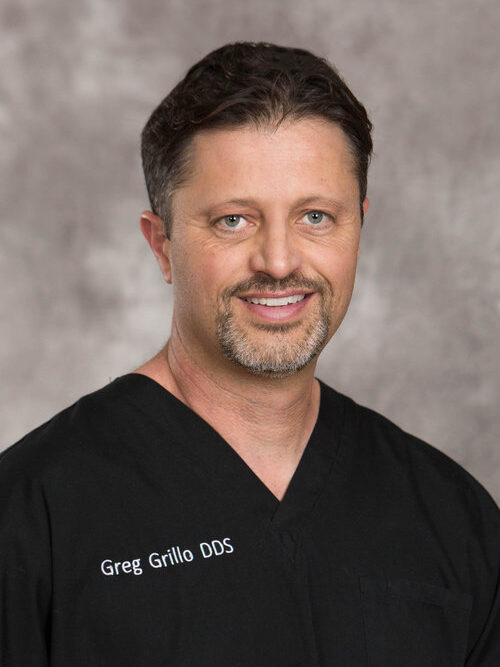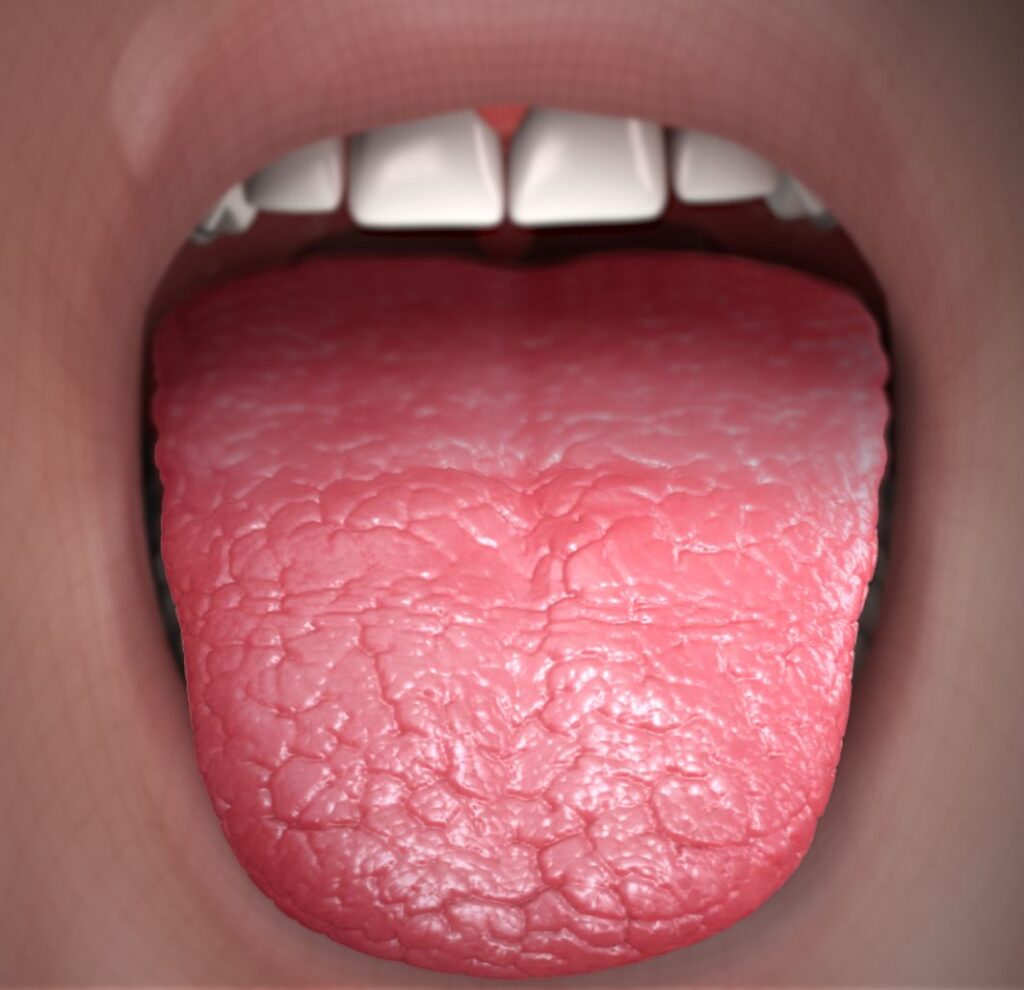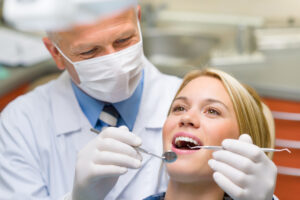Dry mouth (medical term: xerostomia) is a common condition that occurs due to a lack of enough saliva in your mouth. The cause can be something as simple as sleeping with your mouth open to infections like oral thrush (yeast) or chronic health conditions like diabetes. Please keep reading to learn more about what causes it, associated symptoms, and some effective dry mouth remedies.
What causes dry mouth?
Dry mouth occurs when the salivary glands do not make enough saliva to keep the mouth moist. The causes include:
- Snoring and sleeping with your mouth open is a common cause of these symptoms.
- Health conditions such as oral thrush (yeast infection), blocked salivary glands, diabetes, Alzheimer’s disease, autoimmune conditions like Sjogren’s syndrome or lupus, and HIV/AIDS also have been linked to dryness in the mouth.
- Nerve damage in the head and neck area can lead to dry mouth.
- Nutritional deficiencies of vitamin A and riboflavin can cause lack of enough saliva in the mouth.
- Dryness in the mouth can be a side effect of certain medications such as antihistamines, decongestants, pain medications, muscle relaxants, antidepressants and many more.
- Cancer therapy, including chemotherapy and radiation therapy, can change the amount and nature of saliva.
- Methamphetamines, marijuana, and other recreational drugs can cause severe dryness in the mouth and tooth damage.
What symptoms occur with xerostomia?
Dry mouth is frequently associated with a sticky feeling in the mouth, thick saliva, bad breath, problems with chewing, swallowing, or speaking, alterations in taste, formation of grooves on the tongue, sore throat, and problems wearing dentures.
Is dry mouth serious?
Dry mouth can be serious and should be evaluated by your dentist or healthcare professional. The mouth needs saliva to break down food and to swallow. Saliva also acts as a natural cleanser and neutralizes acids made by plaque-forming bacteria that can damage the tooth enamel.
People with dry mouth are more prone to plaque, tooth decay, gum disease, and oral thrush. They can also develop mouth sores, cracked lips, and bad breath. In severe cases, dry mouth can lead to poor nutrition due to difficulties with chewing and swallowing. It can even affect speech. Studies have shown that dryness in the mouth may have an effect on emotional wellbeing and social functioning.
How can I fix my dry mouth?
It is important to have dry mouth evaluated by a dentist or other healthcare professional to make sure there is no underlying medical condition causing your symptoms. If your healthcare providers rule out any health problems, the following tips can help you manage your symptoms:
- Sip on water throughout the day.
- Spray water inside your mouth for a moisturizing effect.
- Make a mixture of 4 ounces of water and a few drops of glycerin (glycerin is a humectant that attracts water). Swish the solution in your mouth as needed and spit or swallow (glycerin is non-toxic, flavorless, and safe to swallow).
- Use a cool mist or warm mist humidifier.
- Suck on sugar-free candy, chewing gum or lozenges to stimulate saliva production.
- Stay well hydrated and drink water at mealtimes.
- Keep a thin slice of frozen cucumber or watermelon in your cheek or gums for an hour or two.
- Avoid alcohol and caffeine as they have a dehydrating effect.
- Use an alcohol-free mouthwash.
- Talk to your pharmacist about a saliva substitute (these are available over the counter as sprays or drops).
- Ask your healthcare professional if a prescription treatment such as pilocarpine is right for you.
- Keep your nasal passages moist. Ask your dentist for recommendations.
If you are struggling with a dry mouth and want to get it checked out, Express Dentist can connect you to trusted dental care providers in your area. Don’t hesitate to reach out to us. In the meantime, read these tips on protecting your oral health.
About the author

Dr. Greg Grillo
Dr. Greg Grillo DDS studied at the University of Washington where he received a bachelors degree with Honors and later attended dental school on the same campus. Following school Dr. Greg served in the United States Navy as a dental officer. During this time he received advanced training in specialty areas of dentistry while also treating families of members of the military.
As well as sharing valuable information on dentistry and oral health, Dr. Greg remains a practicing dentist to this day. He works with families in the Okanogan Valley where he lives with his wife and three children.
- Dr. Greg Grillo#molongui-disabled-link
- Dr. Greg Grillo#molongui-disabled-link
- Dr. Greg Grillo#molongui-disabled-link
- Dr. Greg Grillo#molongui-disabled-link





